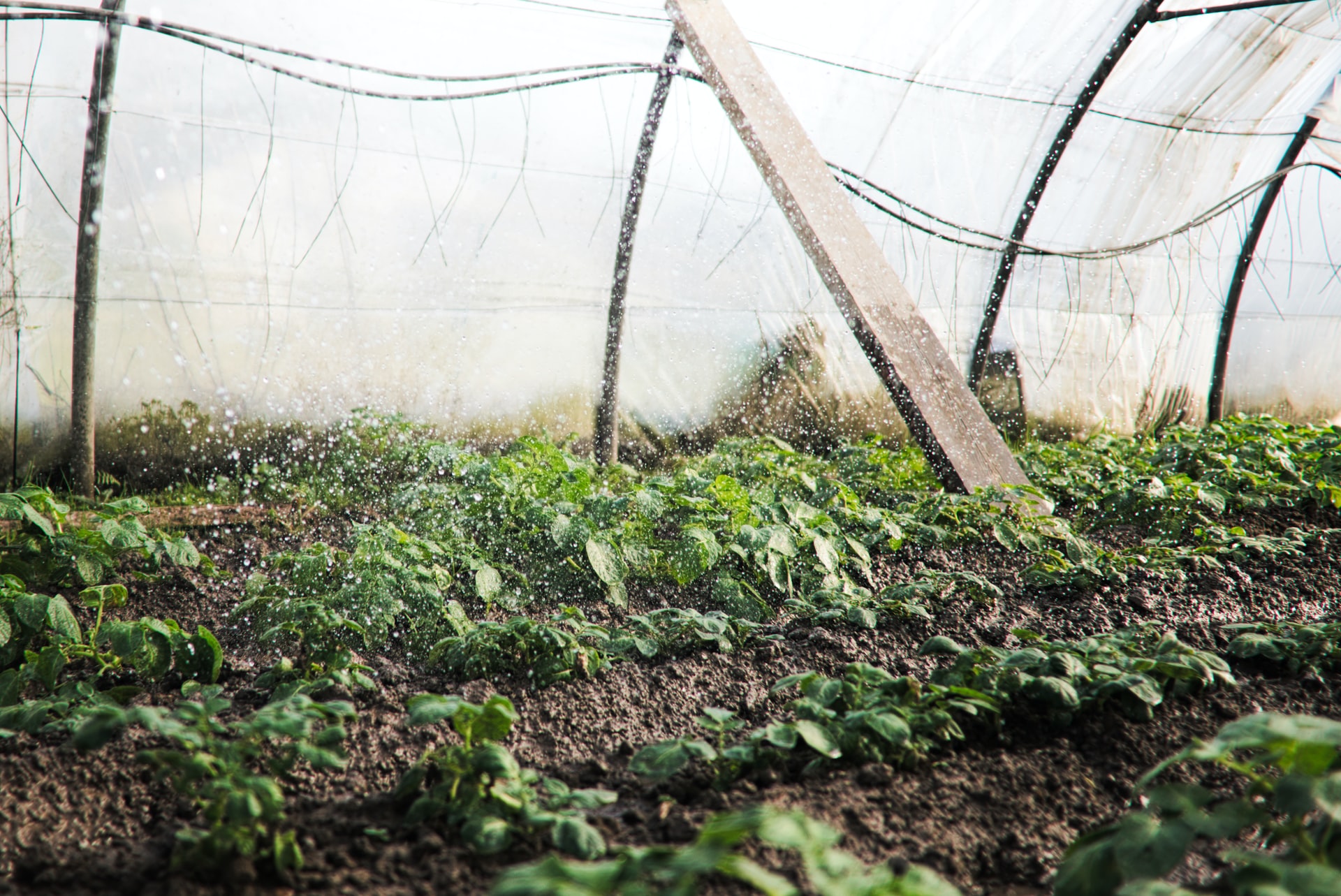
Greenhouses made of glass or even homemade foil structures are often found in home gardens. Does a polycarbonate greenhouse protect plants better than other types?
A greenhouse should provide optimum conditions for plants to grow, even in unfavourable weather conditions outside. However, this does not mean that it does not have to be aesthetically pleasing. Polycarbonate greenhouses are durable structures, so it’s no surprise that they are increasingly being chosen by gardeners – not just amateurs. Check out what you need to know about polycarbonate greenhouses!
Polycarbonate is a plastic material with high resistance to mechanical damage. It is thermoplastic and has a high transparency – that’s why it is ideally suited as a building material for greenhouses
Polycarbonate greenhouses are usually mounted on a galvanized steel structure, because it is strong and stable. This makes the greenhouse resistant to, for example, strong wind. Polycarbonate lets the sun’s rays through very well, however it stops the harmful UV rays and also has a high resistance to high and low temperatures. The final characteristics of the greenhouse depend on the type of polycarbonate used and the thickness of the panels. These structures can be assembled yourself or buy a ready-made product – this saves a lot of time
In contrast to the foil tunnel polycarbonate greenhouse can be used all year round, there is no need to dismantle it. Polycarbonate greenhouses are also just pretty – depending on the model they can resemble a transparent hut or a rounded gazebo
If you want to build a polycarbonate greenhouse yourself, it is essential to check what type of polycarbonate you are buying. There is solid and cellular polycarbonate available on the market. The former is not suitable for the construction of greenhouses, because it retains the temperature inside poorly, and in addition is very susceptible to mechanical damage. It is a building material which is used rather for the construction of entrance canopies, and more and more often for modern acoustic screens
In turn, cellular polycarbonate is an ideal material for a greenhouse. It stops UV rays and insulates the heat inside – and better than glass. In polycarbonate chamber greenhouses are recommended to grow thermophilic plants, Mediterranean, exotic
Polycarbonate greenhouses can be assembled independently or buy a ready product – regardless of the chosen option, their movement after installation in a particular place in the garden can be time-consuming and pose a significant logistical challenge. For this reason the location of the greenhouse should be chosen carefully. If you want to grow plants in a greenhouse you need to choose a sunny location – not next to the house or under trees
You should also think about what you want to do with your greenhouse – do you want to just grow plants or do you want to enjoy the fine shape of your greenhouse? Some people treat a greenhouse like a second arbor. They like to show off their aesthetics and harvests to their neighbors – and there’s nothing wrong with that! But if you’re really hoping for a good harvest, it’s better to choose a rectangular greenhouse. It will be easier for you to designate the beds
Many gardeners also suggest that you start by installing a ‘trial’ plastic tunnel. It is cheaper and easier to install, and will allow you to test by trial and error what your plants need
Main photo: Erwan Hesry/unsplash.com